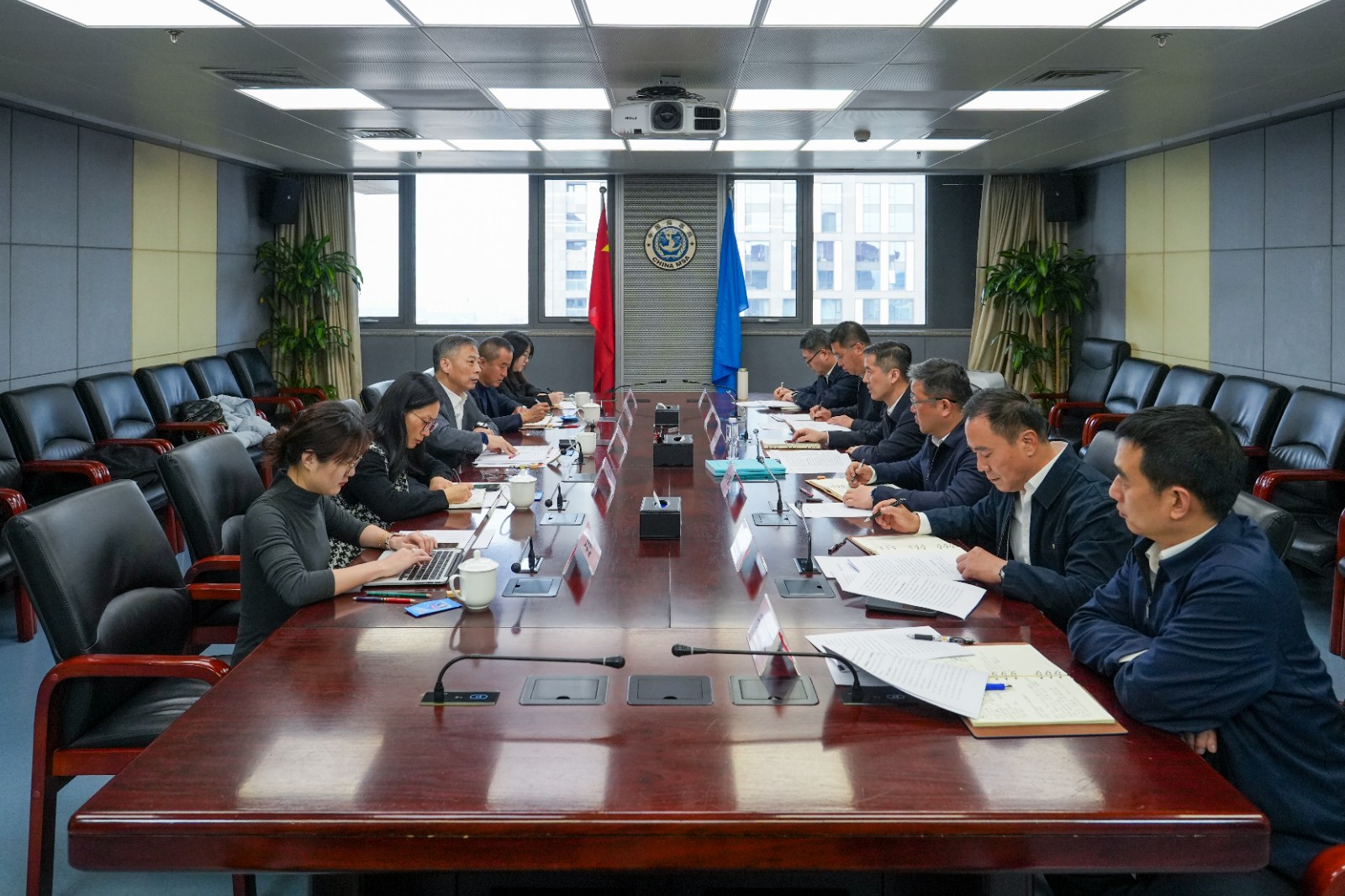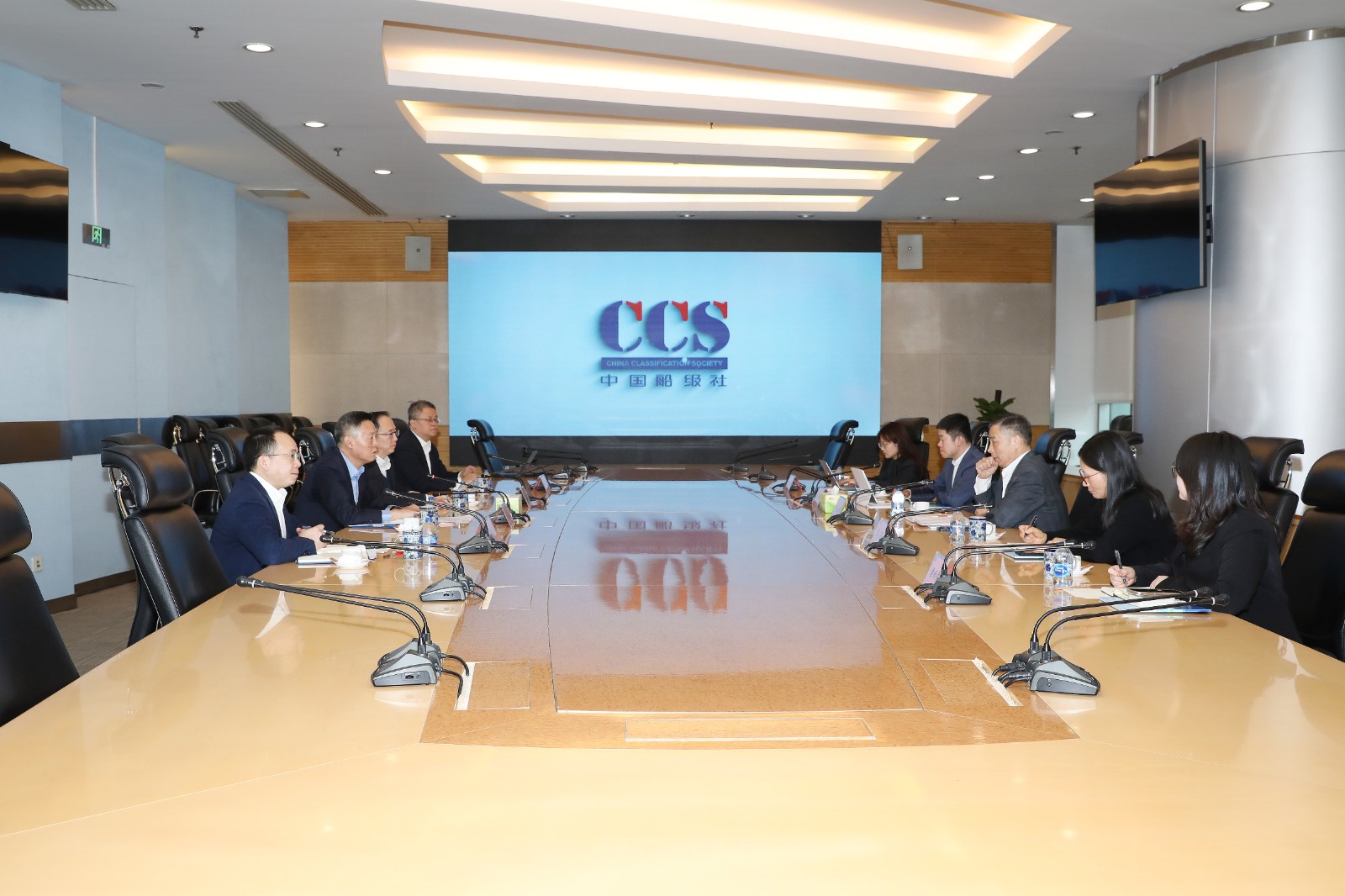王肖卿:再论提单
一、论提单
提单这个议题有点老生常谈,因为市面上讨论提单的书籍、论文太多了,笔者的专书就有「载货证券」、「物流单证与国际运输法规释义」、「运输单证与运送责任-鹿特丹规则的影响」、「鹿特丹规则与单证托运人」等,加上探讨提单的论文;记名提单,提单与海运单的转让、提单种类等,类似的讨论市面上更是多得不可计数。
如果班轮运输是海商法的重心,则提单就是其中的重中之重;一份提单中,可依提单的抬头(headline)、承运人地址之签字,找出负运输责任的当事人。收货与交货地点证明提单之运送责任起迄地点,提单标头也区别出是海运提单(portto port B/L)或多式联运提单(multi-modal transport B/L)。装货港与卸货港是海运履约方负责任范围。适用哪个公约或哪国法规[1],则要看提单背面的首要条款(Paramount Clause)怎么书写。提单是运输合同之证明,1924的海牙规则、1968的威士比规则、1978的汉堡规则、甚至2008的鹿特丹规则,都要依提单首要条款怎么印刷,决定是不是能适用于这份提单所代表的航程责任。这个决定未必要等待公约生效[2],也不论是否为缔约国,更不待海商法是否参照纳入,或者首要条款印刷的是不是相关当事人所在国家的国内法[3]。商事行为引导法律的适用、以商领法或以商领政,提单可真是独一无二的证明。
海商法或国际公约不论运输合同、运输单证或提单,中文「提单」两字,可说运输单证的统合称呼,陆运的提货单、货物收据,铁路公约的委托单(consignor note),海运的载货证券(bill of lading)、空运提单(airway bill),以及海运仿空运的海运单(seaway bill),提单两字几都可以涵括。海运货物运送单证历经国际公约的演变,海运单、运输单证、电子运输纪录、电子提单等名词陆续加入,但提单一词历史最久,也最普及,为说明之方便,本文以下便以提单一词,做综合说明。
二、国际货物海运公约与提单
国际货物海运公约基本上几都是以提单为基底,海牙规则英文全名是以统一提单有关法规的国际公约(International Convention for the Unification of Certain Rules of Lawrelating to Bills of Lading),海牙威士比规则包括海牙的旧规定、威士比修正案、布鲁塞尔议定书三个部分,全称修正统一提单有关法规的国际议定书(Protocol to Amend the International Convention for the Unification of Certain Rules of Law Relating to Bills of Lading)与海牙规则几都一样,两者为讨论之方便,多称海牙系列(Hague System)。两公约都以统一「提单」的国际规范作为公约订定之目的。汉堡规则改以海运货物之联合国公约(United Nations Convention on the Carriage of Goods by Sea)名之,就因如此,在第一条名词定义中,除了定义「运输合同」(contract of carriage by sea)之外,另外再定义「提单」(bill of lading)。这点是因为海牙系列规则因名称以提单为标题,名词定义就不再定义提单。代表海运提单在海运货物公约中的重要性;汉堡规则定义之提单,是运输合同的证明,也是承运人收、装货(taking over or loading)、(装货港)交货(to deliver),以及依提单规定交货给记名者指示的人(to the order of a named person)、待指示的人(to order)、持有人(to bearer)等,构成提单之运作(constitutes such an undertaking)。使提单意义在汉堡规则中反有更清楚的表明。
提单自海牙系列公约内,以及之后的汉堡规则,一直是代表货物运输合同的证明[4](evidence of contract)。鹿特丹规则更在定稿前在名称上加上合同(on contract)两字[5],使全称以「全部或部分途程本于合同之国际货物运送联合国公约」(United Nations Convention on Contracts for the International Carriage of Goods Wholly or Partly by Sea),名称与汉堡规则类似,冠上联合国字样。目前多式联运之盛行,却必须仍为以合同为基础。这也表示所有公约的基础,仍是运输合同。鉴于班轮运送除了批量,通常不签合同,唯一以合同型态展现的,唯有海运提单,提单于班轮运送、于国际公约的意义及价值。在此表达无疑。
班轮装货须签提单,租船也签提单[6],不论班轮提单,或租船提单,提单签发人就是承运人[7]。也就是说,无论为租船或自有船,无论船东或承租人签提单,签单人就是承运人[8]。简单讲不论班轮或租船,就提单负运送责任的人只看其是否签单,而不论在哪种身分或哪种情形下签单。鹿特丹规则之前,提单的第一位持有人是托运人,身分通常是买卖合同的卖方、发货人或供货商(supplier),其托运人身分填写在提单托运人字段上,也就是与承运人对应的提单当事人。鹿特丹规则为免在船上交货(free on board, FOB)贸易条件下,传统出口商不是决定船运的人,却因担任当然的托运人,背负太多对于货物运输的责任,而增加单证托运人一词[9],使船上交货条件的卖方、发货人、供货商,以单证托运人(documentary shipper)身分记载于提单,也就是单证上出现的托运人,而不是真正的托运人。真正的托运人是贸易条件上订定运输合同的人,是决定船运的人、就提单负责的当事人,也是首当其冲负提单责任的人[10]。这个改变使亚洲、尤其两岸影响很大,由于大部分出口货物类别,使亚洲区的贸易条件大多(台湾是八成)以类船上交货(FOB)的条件成交,买方决定船运,使买方成为托运人,出口商只是单证托运人。只见其害,未见其利的结果,造成短时间的恐慌。但这个改变也使大家感受鹿特丹规则立法技术之神奇,因为托运人的文字没变,意义却不同于以往。在船上交货FOB)贸易条件下,甚至意义相反。但托运人是提单全程的货方当事人这点不变,单证托运人的责任次于托运人的立场也已在鹿特丹规则上标明[11]。
提单的转让,海牙、海牙威士比与汉堡、鹿特丹规则倒是相同,持有人随提单之转让,使银行、保方、受货人,在转让过程中阶段性持有提单,亦须各在该持有阶段,负货方之责任,而决定船运的第一位托运人,在阶段托运人,包括单证托运人不负责任时,必须承担责任,这是第一位托运人权利转让、责任与义务无法转让的事实。
提单因只有承运人单方签字;不论是船东、承租人、无船承运人,承运人因签发提单,使提单只能是合同证明,而不是合同。这部分除海牙规则,此后公约也都维持这些传统,没有改变。
三、提单所证明的合同
国际公约向以合同的证明说提单,虽然租船合同是最正式的合同,租船合同却一直以来被排除在适用范围之外[12],鹿特丹规则对这点说得更彻底,排除租船合同之外,还排除其他以船舶或舱位租用为目的的合同(contracts for the use of a ship or of any space)[13]。因此提单所代表的合同只剩一种,就是班轮货运的合同了。对于鹿特丹新增的班轮批量合同,鹿特丹第80条批量合同的特别规定(Special rules for volume contracts)里,特别说明公约适用的批量合同,「可订定较公约规定更大或更小的权利、义务及责任」[14],等于批量合同虽明文适用公约,实际上却允许批量合同可以公约适用范围以外的条件洽定,这个自由洽定的规定。实际上也等于是把批量合同排除在适用范围之外了。
排除租船合同、排除批量合同,范围缩小之后,提单证明之合同,可明言仅为每份提单所代表的包装货(package cargo)的单位运输合同,这些合同可以各种形态出现,如诺成合同,也就是民法中的口头承诺的合同、也就是事前的电话或电报约定。也可能由一种非属任何格式的类别;运费协定(freight contracts )、大副签收单(mate’s receipts )、不可转让之收据(non-negotiable receipts )、海运单(seaway bills)及转运单证(through transportation documents)[15]等。而提单之签发,也使这些之前签立的合同,综合在提单这份单证里了[16]。
考诸实际,提单字段只填写装货港与目的港,不填写收货地点(place of receipt)与交货地点(place of delivery)的,大多代表的就是散装货运输合同,或是租船提单(charter party B/L),或许非货柜船载运之杂货(general cargo)运输合同。除了装货港与目的港之外,提单字段填写了收货与交货地点的,就是目前常见的货柜运送多式联运合同。这种情形下,海商法需要不需要就多式联运合同作特别说明?需要不需要特别界定承运人?或者多式联运经营人?答案可说十分清楚。而承运人的责任范围,只要根据提单,就能看出责任范围;签发单证为责任之始,收回单证则是责任之止。货物送到内陆,交货给受货人,收回提单,责任就到交货时为止,划分可说十分清楚。
四、班轮提单与租船提单
班轮运送最重要的部分就是提单(运输单证),货物运送的相关规定由提单证明之,这是当运输合同没有书面,或者运输合同零散出现在陆续船期通知等不具书面效力文件中的情形,因而需要提单做个总结[17]。以CGM CMA的格式条文为例,说「货方同意所有与这批货物运送相关的之前协议、运费协议等,均因本提单之签发而停止运作,包括之前货方与承运人、其代理人、次合同人、其受雇人、其船长或其船舶所约订之任何协定亦然」(that all agreements or freight engagements for and in connection with the carriage of the Goods are superseded by the Bill of Lading, including any previous engagements between the Merchant and the Carrier, its agents, Subcontractors,employees, captains or vessels.),代表提单就是唯一的合同决定性单证。
但如果提单代表的是租船合同,情况便大有不同,以波罗地海国际海运同盟(The Baltic and International Maritime Council)之标准型(Uniform General Charter)定型化国际租船提单(charter party B/L)[18]为例,这类提单其上必印有「双方同意应依租船合同履行」(It is mutually agreed that this contract shall be performed subject to the conditions contained in this Charter Party……)[19],提单不是之前所说的运输合同的总结,反是提单与租船合同冲突,以租船合同为准,而非以提单为准。仅提单当事人不是承租人,即提单转让过程租船合同之外的其他持有人,提单是唯一之合同证明,这点汉堡规则说得最清楚[20];提单依租船合同签发,如关系介于承运人与提单持有人、非承租人间时,公约规定适用提单(…bill of lading isissued pursuant to a charter-party, the provisions of the Convention apply to such a bill of lading if it governs the relation between the carrier and the holder of the bill of lading not being the Charterer.),海牙系列公约亦有类似文字[21]。因此租船提单介于船方与非租船合同关系人之其他持有人间,提单与该租船合同提单代表之某次航程提单之权利、义务、责任依然以提单为本。
五、结论-海商法的海上货物运输合同该怎么设计
任何一张提单都可说是一个缩小版的单位货物运输合同,从提单里可找到为该批货物负运送责任的人、发单时货方代表,也就是货方的总负责人。运送责任的起始与终止地点是运送责任范围、海运履约方的负责范围则是两港港区、并由责任范围划定提单代表的是多式联运责任或港到港责任。提单适用哪个公约或那个国内法,也可在提单内找到答案。
依此,海商法的承运人责任与义务、托运人责任、货物交付等之规定,均属法律强制承运人该负的基本责任、基本义务与可享的基本权利。提单正、背面有低于该基本责任、义务之条款无效,高于该基本权利之条款亦无效[22]。等于默示只能容许高于该基本责任、义务之条款、低于该基本权利之条款方为有效。至于多式联运经营人则应回归承运人一个名词;提单证明的合同是多式联运,承运人自然就是多式联运经营人。提单证明的合同是港到港,自然承运人的责任依然只有港到港之间。
海上货物运输合同章应该排除论程,不能把公约强制规定与合同的任意规定摆在一个章节,虽然论程租船合同特别说明尊重合同规定,两者并存一章依然格格不入。
基于以上分析,提单虽为合同之证明,惟班轮运送的提单与依租船合同签发之提单,性质与地位却不相同。班轮为海商法之核心,提单又是班轮运送重中之重,则海商法海上货物运输合同章不纳入运送单证或提单节,似乎说不过去。租船提单又与班轮提单不同;性质不同,地位不同、意义也有差异,因此便有提单独立一章的考虑,以解决这个问题。
班轮提单种类与各种单证的性质较复杂,班轮提单大多转让,租船提单则多为港到港提单(ocean B/L or port to port B/L),转让过程少,关系人也较单纯。班轮提单是总结所有运输合同的单证,租船提单则以租船合同为尊,除非在非承租人持有,始有提单之功能性,因此或也可以海上货物运输合同章的提单与租船合同章的提单分开规定。更简易的做法,是租船合同章除了做三种租船合同定义及定位外,亦订定租船提单;阐明提单在租船合同下之定位与意义,则海商法这个部分的修订或许更为完整。
[1]由于美国海上货物运送法(carriage of goods by sea, 1936)之强制适用,美国航线之提单背面首要条款便有航经美国须适用美国海上货物运送法之印刷条款。
[2]一般说到鹿特丹之强迫适用就是这个意思;贸易相对国适用,则因迫于贸易现实而适用。
[3]以往台湾有承运人提单背面首要条款印刷以日本海商法作为首要条款的。
[4]Article 1, (b),“ “Contract of carriage" applies only to contracts of carriage covered by a bill of lading or any similardocument of title, in so far as such document relates to the carriage of goodsby sea,..” of Hague Rules, Article 1 (b), “'Contract of carriage' applies only to contracts of carriage covered by a bill of lading or anysimilar document of title, in so far as such document relates to the carriageof goods by sea,…”, of Hague-visby Rules &Article 1, 7, “ "Bill oflading" means a document which evidences a contract of carriage by seaand….” of Hamburg Rules.
[5]全名United Nations Convention on Contracts for the International Carriage of Goods Wholly or Partly by Sea。
[6]Article 1,(b) "Contract of carriage" applies only … covered by a bill of lading….including any bill of lading or…. issued under or pursuant to a charter party” of Hague Rules.
[7] Article 1, (a) "Carrier" includes….who enters into a contract of carriage with a shipper.” of Hague Rules. &(b) "Contract of carriage" applies only ….covered by a bill of ladingor….” of Hague Rules.
[8] Article 1,” (a) "Carrier"includes the owner or the charterer who enters into a contract of carriage with a shipper.” & (b) "Contract of carriage" ….covered by a bill oflading or…so far as…relates to the carriage of goods by sea, including any billof lading or ….issued under or pursuant to a charter party from the moment ….regulates the relations between a carrier and a holder of the same.” of Hague Rules.
[9]Alexander von Ziegler, Johan Schelin,Stefano Zunarelli(以上作者为鹿特丹的拟稿人,书页XX foreword by Editors), The Rotterdam Rules 2008, Commentary to the United Nations Convention on Contracts for the International Carriage of Goods Wholly or Partly by Sea, 7. Obligations of the Shipper to the Carrier(by Johan Schelin) , Published by Kluwer LawInternational, p.158.
[10]同上注,单证托运人次之,p.159。
[11]Article 33,2 of Rotterdam Rules.
[12]Article 5 ”The provisions of this Convention shall not be applicable to charter parties ….” of Hague Rules, Article V “The provisions of these Rules shall not be applicable to charter parties, but if….” of Visby amendments, & Article 2(scope of application),3 “3. The provisions of this Convention are not applicable to charter-parties. However, where…” of Hamburg Rules.
[13] Article 6(specific exclusions),” 1. This Convention does not apply to the following contracts in liner transportation:(a)Charter parties; and (b)Other contracts for the use of a ship or of any space thereon.” of Rotterdam Rules.
[14] Article 81, 1” 1….., as between the carrierand the shipper, a volume contract to which this Convention applies may provide for greater or lesser rights, obligations and liabilities than those imposed by this Convention.” of Rotterdam Rules.
[15]原文”Depending on the manner in which the shipis employed, the contract of affreightment may be contained in a charterparty or contained in, or evidenced by, a bill of lading. But the classical division into charterparties and bills of lading is not exhaustive. Contracts of affreightment may be contained in or evidenced by documents which do not strictly fall into either category: e.g. freight contracts, mate’s receipts,non-negotiable receipts, sea waybills, ship’s delivery order, and through transportation documents.”,参Bernard Eder et al, Scrutton on Charterparties and Bills of Lading, 22nd edition, Sweet & Maxwell 2011,para.1-001.
[16]参CMA CGM B/L Clause 3. (REMITTANCE ANDACCEPTANCE OF THE BILL OF LADING)"….In accepting this Bill of Lading, the Merchant agrees to be bound by all stipulation,…. face and back hereof, whetherwritten, typed, stamped or printed,…. , and agrees that all agreements or freight engagements for and in connection with the carriage of the Goods are superseded by the Bill of Lading, including any previous engagements between the Merchant and the Carrier, its agents, Subcontractors, employees, captainsor vessels.”
[17]提单中常见之印刷文字,如”THE RECEIPT. CUSTODY, CARRIAGE AND DELIVERY OF THEGOODS ARE SUBJECT TO THE TERMS APPEARING ON THE FACE AND BACK HEREOF AND TOCARRIER’S APPLICABLE TARIFF”(Maersk Line B/L)或者"….In accepting this Bill of Lading, the Merchant agrees to be bound by all stipulation,…. face and back hereof, whether written, typed, stamped or printed,…. , and agrees that all agreements or freight engagements for and in connection with the carriage of the Goods are superseded by the Bill of Lading, including any previous engagements between the Merchant and the Carrier, its agents,Subcontractors, employees, captains or vessels.”(CMA CGM B/L Clause 3.REMITTANCE AND ACCEPTANCE OF THE BILL OF LADING)
[18]Code name: GENCON B/L。
[19]同上注,page 1.。
[20]Article 2(scope of application),3. “The provisions of this Convention are not applicable to charter-parties. However, where a bill of lading is issued pursuant to a charter-party, the provisions of the Convention apply to such a bill of lading if it governs the relation between the carrier and the holder of the bill of lading, not being the charterer.” of Hamburg Rules.
[21]Article 1,(b) & Article 5 of Hague Rules, Article 1,(b) & Article V of Visby Amendments.
[22] Article 5 “A carrier shall be at liberty to surrender in whole or in part all or any of his rights and immunities or to increase any of his responsibilities and obligations under this Convention,provided such surrender or increase shall be embodied in the bill of lading issued to the shipper.” of Hague Rules. &Article V “A carrier shall be at liberty to surrender in whole or in part all or any of his rights and immunities or to increase any of his responsibilities and obligations under these Rules, provided such surrender or increase shall be embodied in the bill of lading issued to the shipper. The provisions of these Rules shall not be applicable to charter parties, but if bills of lading are issued in the case of a ship under a charter party they shall comply with the terms of these Rules….. of Visby Amendments.
王肖卿教授专栏文章











